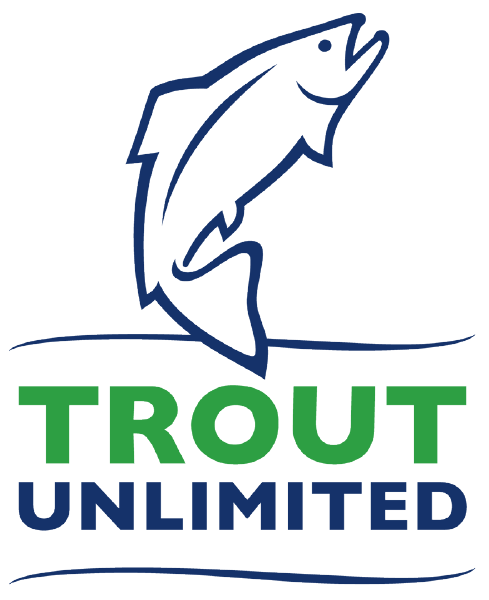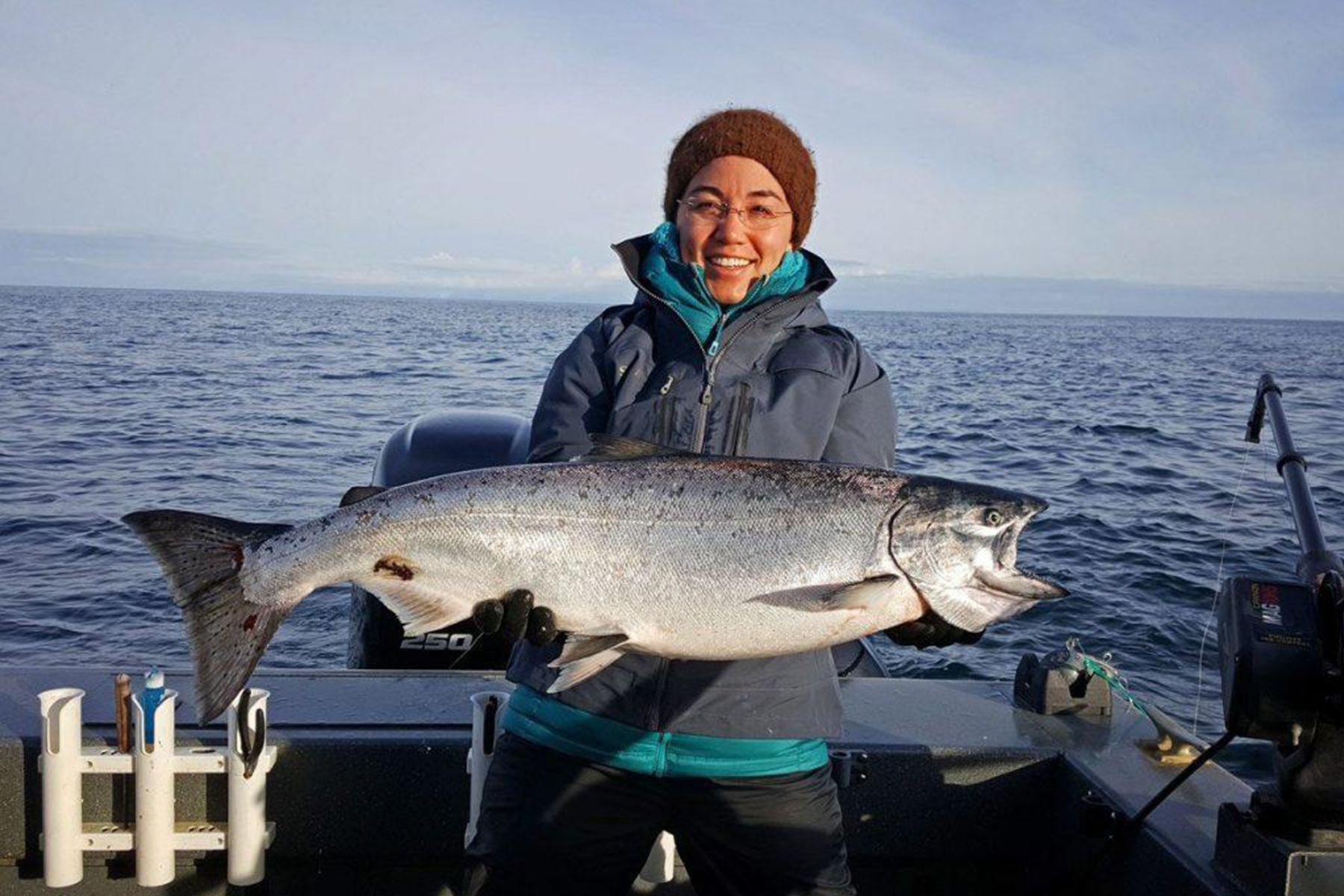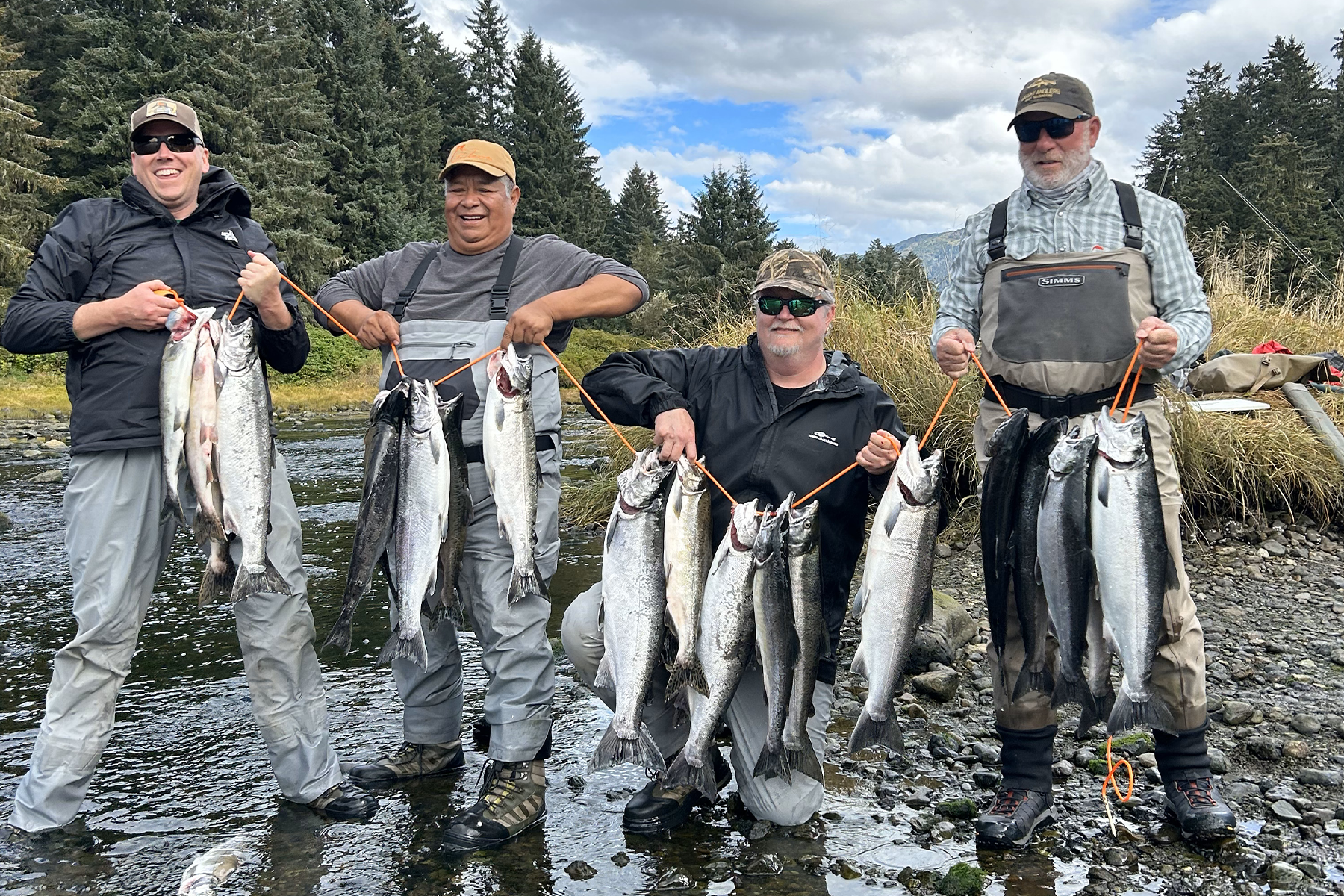Prince of Wales Island: Frequently Asked Questions
Prince of Wales Island is a captivating gem, enticing travelers with its rugged beauty and abundant wildlife
Prince of Wales Island is a captivating gem, enticing travelers with its rugged beauty and abundant wildlife. As the fourth-largest island in the United States, it offers a diverse range of experiences, from dense temperate rainforests and majestic mountains to pristine coastlines and charming communities. With its unspoiled nature and rich cultural heritage, Prince of Wales Island is a true paradise for nature enthusiasts, outdoor adventurers, and those seeking an authentic Alaskan experience.
Prince of Wales Island FAQs
- Where is Prince of Wales Island?
- How to get to Prince of Wales Island
- Which country owns Prince of Wales Island?
- How far is Vancouver Island from Prince of Wales Island?
- How much does it cost to get to Prince of Wales Island?
- How many miles of coastline does Prince of Wales Island have?
- How many square acres is Prince of Wales Island?
- Who is Prince of Wales Island named after?
- Why is Prince of Wales Island named after the Prince of Wales?
- How many towns are on Prince of Wales Island, Alaska?
- What is the largest town on Princes of Wales Island?
- What is the population of Prince of Wales Island, Alaska?
- What is Prince of Wales Island known for?
- What are the best outdoor activities on Prince of Wales Island?
- What are the top attractions to visit on Prince of Wales Island?
- What are the best hiking trails on Prince of Wales Island?
- What animals can you see on Prince of Wales Island?
- What kind of fishing is available on Prince of Wales Island?
- When is the best time to plan a Prince of Wales fly fishing trip?
- Where is the best Prince of Wales fly fishing?
- Can I bring my Prince of Wales fly fishing catch home?
- What's included in a Prince of Wales fly fishing trip at Boardwalk Lodge?
- What kind of bears are on Prince of Wales Island?
- How much snow does Prince of Wales Island get?
- Is there gold on Prince of Wales Island?
1. Where is Prince of Wales Island?
Prince of Wales Island is located in the Alexander Archipelago. It is situated in Southeast Alaska, bordered by the Gulf of Alaska to the south and the Dixon Entrance to the west. The island lies west of the mainland, and is separated from the Prince of Wales Outer Coast to the east by the Clarence Strait.
Its geographic coordinates are approximately between 54.7° to 55.9° latitude and -133.2° to -132.0° longitude.
2. How to get to Prince of Wales Island
To reach Prince of Wales Island, there are a few transportation options available:
By Air
The most convenient way to reach the island is by air travel. The Klawock Airport (KLW) and the Craig Seaplane Base (CGA) serve as the main airports on the island. Multiple airlines offer regular flights from cities like Ketchikan, Juneau, and Sitka to these airports. Once you arrive, car rentals or local transportation services can be used to explore the island.
By Ferry
Another popular option is to take the Alaska Marine Highway System (AMHS) ferry. The ferry system connects various communities in Southeast Alaska, including Prince of Wales Island. The Inter-Island Ferry Authority operates a route between Ketchikan and Hollis on Prince of Wales Island. This scenic ferry journey allows you to bring your vehicle or travel as a walk-on passenger. It is recommended to check the ferry schedules in advance, as they may vary depending on the season.
Private Boat
If you have access to a private boat or yacht, you can sail to Prince of Wales Island. The island has several marinas and harbors where you can dock your vessel. It's essential to be aware of navigation charts, weather conditions, and any necessary permits or regulations before embarking on a private boat journey.
Regardless of the transportation method you choose, it's advisable to plan your trip in advance and check for any updates or changes to schedules, especially during peak travel seasons
3. Which country owns Prince of Wales Island?
Prince of Wales Island is part of the state of Alaska. Therefore, Prince of Wales Island is owned by the United States of America. It is one of the many islands that make up the state of Alaska.
4. How far is Vancouver Island from Prince of Wales Island?
Vancouver Island and Prince of Wales Island are located in different parts of the Pacific Northwest and are separated by a significant distance. The approximate distance between the two islands is around 500 miles (800 kilometers) when measuring from the southernmost tip of Vancouver Island to the northernmost point of Prince of Wales Island.
Please note that this distance is a rough estimate and can vary depending on the specific locations on each island. Traveling between the two islands would typically require either air or sea transportation.
5. How much does it cost to get to Prince of Wales Island?
The cost of getting to Prince of Wales Island can vary depending on various factors such as your location, mode of transportation, time of travel, and whether you choose to fly or take a ferry.
Here are some general cost estimates for different transportation options:
Air Travel
If you choose to fly, the cost will depend on factors such as the distance traveled, airline, time of booking, and availability of deals or discounts. Roundtrip flights from major cities in Alaska (e.g., Anchorage, Juneau) to Prince of Wales Island can range from $300 to $600 or more, depending on the season and demand.
Ferry
Taking the ferry can be a more affordable option compared to air travel. The Alaska Marine Highway System operates ferry services to Prince of Wales Island. The cost varies depending on the length of the journey, vehicle size (if applicable), and passenger fares.
For example, a one-way trip on the Inter-Island Ferry Authority's route from Ketchikan to Hollis (Prince of Wales Island) can cost around $50 to $100 per person.
Private Boat
If you have access to a private boat, the cost will depend on factors such as fuel consumption, maintenance, and any docking or mooring fees at marinas. It is essential to factor in these expenses along with the overall cost of owning or renting a boat.
It's important to note that these estimates are rough and can vary significantly depending on the specifics of your travel plans. It is advisable to check with airlines, ferry services, or boat rental companies for the most accurate and up-to-date pricing information.
6. How many miles of coastline does Prince of Wales Island have?
Prince of Wales Island has an extensive coastline due to its irregular shape and numerous bays, inlets, and fjords. Although it is challenging to give an exact measurement, the estimated length of the coastline of Prince of Wales Island is approximately 990 miles (1,590 kilometers). This measurement takes into account the intricate shoreline that encompasses the island, including the various indentations and irregularities along its perimeter.
The abundant coastline contributes to the island's natural beauty and provides ample opportunities for coastal exploration and maritime activities.
7. How many square acres is Prince of Wales Island?
Prince of Wales Island covers an area of approximately 1.6 million acres-roughly 2,500 square miles or 6,475 square kilometers.
8. Who is Prince of Wales Island in Alaska named after?
Prince of Wales Island in Alaska is named after the Prince of Wales, a title traditionally held by the heir to the British throne.
In the case of Prince of Wales Island, it was named by Captain James Cook during his third voyage to the Pacific in the late 18th century. Captain Cook, who was an esteemed British explorer, cartographer, and navigator, named the island after Prince George, who later became King George IV of the United Kingdom.
9. Why is Prince of Wales Island in Alaska named after the Prince of Wales?
During the period of European exploration and colonization, British explorers often named newly discovered lands after members of the royal family or prominent figures in their society.
Naming geographic features after members of the royal family or influential figures was a common practice during the age of exploration, and reflected the ties between exploration voyages and the monarchies that funded and supported them.
10. How many towns are on Prince of Wales Island, Alaska?
Prince of Wales Island in Alaska is home to several towns and communities. The exact number can vary depending on how one defines a "town," as some settlements may be classified as villages or unincorporated communities.
Here are some of the biggest towns and communities on Prince of Wales Island:
Craig
Located on the western side of the island, Craig is one of the larger towns on Prince of Wales Island. It serves as a hub for fishing and tourism and offers amenities, such as grocery stores, accommodations, and restaurants.
Klawock
Situated on the eastern coast of the island, Klawock is known for its rich Native American heritage. It is home to the Klawock Cooperative Association, a federally recognized tribe, and offers cultural attractions like totem poles and a Native heritage center.
Thorne Bay
Found on the eastern shore, Thorne Bay is the largest city on the island in terms of land area. It was originally developed as a logging camp, and is now a residential community with services and facilities for residents and visitors.
Hydaburg
Located on the eastern side of Prince of Wales Island, Hydaburg is primarily inhabited by members of the Haida tribe. It is known for its strong Native cultural traditions and is recognized as an Indian reservation.
Hollis
Situated on the western side of the island, Hollis serves as the main entry point for visitors arriving via the Inter-Island Ferry Authority. It offers many services and accommodations, and is a convenient starting point for exploring the island.
11. What is the largest town on Prince of Wales Island?
The largest town on Prince of Wales Island in Alaska is Craig. With a population of approximately 1,200 residents, Craig serves as a major commercial and service hub for the island. It is located on the western side of the island, and is known for its strong fishing industry, particularly for salmon and halibut.
Craig offers various amenities and facilities, including grocery stores, restaurants, accommodations, healthcare services, and educational institutions. The town's scenic location and access to outdoor recreational opportunities make it a popular destination for both residents and visitors of Prince of Wales Island.
12. What is the population of Prince of Wales Island, Alaska?
As of September 2021, the population of Prince of Wales Island, Alaska, was estimated to be around 5,559 residents.
13. What is Prince of Wales Island known for?
Prince of Wales Island is known for several notable features and attributes, including:
Stunning Natural Beauty
The island is renowned for its breathtaking landscapes and pristine wilderness. It boasts denseold growth forest, rugged mountains, picturesque coastlines, and an abundance of wildlife.
Prince of Wales Island offers outdoor enthusiasts unparalleled opportunities for hiking, wildlife viewing, fishing, kayaking, and scenic photography.
Rich Indigenous Heritage
The island is home to the Tlingit, Haida, and Tsimshian indigenous peoples, who have a vibrant cultural heritage. Prince of Wales Island is known for its native art, totem poles, traditional ceremonies, and preservation of indigenous traditions. Visitors can immerse themselves in the native culture through visits to native villages, museums, art galleries, and engaging with local communities.
Exceptional Fishing
Prince of Wales Island is renowned as a premier fishing destination. Its waters are teeming with salmon, including Chinook (king), coho (silver), and sockeye, as well as halibut, cod, and other species. Anglers from around the world come to the island to experience the thrill of fishing in its productive waters.
Outdoor Recreation
The island offers a wide range of outdoor activities beyond fishing, including hiking, wildlife photography, birdwatching, camping, kayaking, and boating. Its vast and unspoiled wilderness provides endless opportunities for nature enthusiasts to explore and connect with the great outdoors.
Scenic Beauty and Tranquility
Prince of Wales Island is cherished for its tranquil and remote setting. Away from the hustle and bustle of urban life, the island provides a serene escape where visitors can immerse themselves in nature's wonders and find solitude in its breathtaking surroundings.
Overall, Prince of Wales Island is celebrated for its natural splendor, cultural significance, and the wide array of outdoor experiences it offers, making it a sought-after destination for nature lovers, anglers, and those seeking an authentic Alaskan adventure.
14. What are the best outdoor activities on Prince of Wales Island?
Prince of Wales Island offers a multitude of outdoor activities for nature enthusiasts and adventure seekers. Some of the most popular outdoor activities on the island include:
Fishing
The island is renowned for its world-class fishing opportunities. Whether it's salmon, halibut, trout, or other species, anglers can enjoy freshwater and saltwater fishing in the island's rivers, lakes, and coastal waters. Boardwalk Lodge's guided fishing trips are available for both seasoned anglers and beginners.
Hiking and Nature Trails
Prince of Wales Island is a hiker's paradise with numerous scenic trails. Explore the island's lush forests, cascading waterfalls, and scenic viewpoints on trails such as the Beaver Falls Trail, Honker Divide Trail, or the El Capitan Cave Trail. These trails offer opportunities to spot wildlife, admire the island's flora and fauna, and immerse yourself in its natural beauty.
Wildlife Viewing
The island is home to a rich diversity of wildlife. From black bears and deer to bald eagles and whales, there are ample opportunities for wildlife sightings. Take a guided wildlife tour or venture out on your own to observe and photograph the island's incredible fauna in their natural habitats.
Kayaking and Canoeing
With its extensive coastline, sheltered bays, and fjords, Prince of Wales Island is ideal for kayaking and canoeing. Paddle along calm waters, explore hidden coves, and discover secluded beaches. The island's waterways provide a unique perspective and a chance to encounter marine life up close.
Birdwatching
Prince of Wales Island is a paradise for birdwatchers, with a wide range of bird species inhabiting its forests, wetlands, and coastal areas. Keep an eye out for bald eagles, herons, puffins, and many other bird species as you explore the island's diverse habitats.
The island's untouched wilderness and stunning landscapes provide endless opportunities for
adventure, exploration, and a deep connection with nature.
15. What are the top attractions to visit on Prince of Wales Island?
Prince of Wales Island offers a range of attractions that showcase its natural beauty, cultural heritage, and unique experiences. These attractions include:
Totem Poles
Explore the rich indigenous culture and art by visiting various totem pole sites on Prince of Wales Island. Totem Bight State Historical Park near Ketchikan showcases a collection of intricately carved totem poles, while the Chief Son-i-Hat Whale House in Kasaan features one of the oldest and largest standing totem poles in Southeast Alaska.
El Capitan Cave
Embark on an underground adventure by visiting El Capitan Cave, one of the largest limestone caves in Alaska. Located in the El Capitan Cave Recreation Area, this unique attraction allows visitors to explore the cavern's fascinating formations and learn about its geological and historical significance.
Thorne Bay
Visit the city of Thorne Bay, the largest city in terms of land area on Prince of Wales Island. With its beautiful surroundings, Thorne Bay offers outdoor recreational opportunities such as hiking, fishing, and kayaking. Don't miss the Thorne Bay Visitor Center, where you can learn about the island's history, wildlife, and natural features.
Whale Watching
Experience the thrill of spotting majestic marine mammals on a whale watching excursion around Prince of Wales Island. The island's coastal waters are frequented by humpback whales, orcas, and other species. Boardwalk Lodge offers guided tours to ensure guests have the chance to witness these magnificent creatures in their natural habitat.
Tongass National Forest
The Tongass National Forest is the largest national forest in the United States, covering approximately 16.7 million acres in Southeast Alaska. It is a vast expanse of temperate rainforest, encompassing towering mountains, glaciers, fjords, and diverse ecosystems. Visitors to the Tongass National Forest can explore its scenic beauty through hiking, camping, fishing, kayaking, and wildlife viewing, immersing themselves in the awe-inspiring natural wonders of this remarkable forest.
Outdoor Recreation
Engage in various outdoor activities such as fishing, hiking, wildlife viewing, and kayaking. Prince of Wales Island offers a diverse range of natural wonders, including lakes, rivers, forests, and coastal areas, providing ample opportunities to immerse yourself in the island's outdoor splendor.
16. What are the best hiking trails on Prince of Wales Island?
Prince of Wales Island offers several incredible hiking trails that showcase its natural beauty and provide opportunities for exploration. Some of the best hiking trails on the island include:
Beaver Falls Trail
Located near Thorne Bay, this popular trail takes you through lush forests and leads to the stunning Beaver Falls. The trail is approximately 3.5 miles round trip and offers scenic viewpoints, moss-covered trees, and the impressive cascades of Beaver Falls.
El Capitan Cave Trail
This unique trail near Klawock takes you to El Capitan Cave, one of the largest limestone caves in Alaska. The trail is approximately 1.5 miles round trip and provides an opportunity to explore the cave's fascinating formations and learn about its geology.
Honker Divide Trail
Starting near Craig, the Honker Divide Trail offers a challenging and rewarding hiking experience. The trail spans approximately 10 miles round trip and takes you through old-growth forests, mountain ridges, and offers stunning panoramic views of the surrounding landscape.
Carlanna Lake Trail
Located near Ketchikan, this family-friendly trail is approximately two miles round trip and leads to the picturesque Carlanna Lake. The trail winds through a beautiful forest and offers a tranquil setting for picnicking, birdwatching, and enjoying the serene lake views.
On Your Knees Cave Trail
This short but fascinating trail near Coffman Cove takes you to the entrance of On Your Knees Cave. The trail is approximately 0.6 miles round trip and provides a glimpse into the world of underground caves, with unique geological formations to admire.
17. What animals can you see on Prince of Wales Island?
Prince of Wales Island in Alaska is home to a diverse array of wildlife, both on land and in its surrounding waters. Here are some of the animals you may encounter on the island:
Black Bears
Prince of Wales Island is known for its healthy population of black bears. These magnificent creatures can be spotted foraging along the shores or in the forests, particularly during salmon runs.
Bald Eagles
The island is a haven for bald eagles, and it's not uncommon to see these majestic birds soaring overhead or perched in trees along the coastline. Keep an eye out for their distinctive white heads and impressive wingspans.
Whales
The coastal waters surrounding Prince of Wales Island are frequented by various whale species, including humpback whales, orcas (killer whales), and gray whales. Witnessing these majestic marine mammals breaching or feeding is a truly awe-inspiring experience.
Deer
Sitka black-tailed deer are common on the island, and can be spotted in forested areas. These graceful creatures are known for their agility and are often encountered during hikes or while driving along the island's roads.
Sea Otters
Prince of Wales Island is home to a thriving population of sea otters. These adorable marine mammals can be seen floating on their backs, cracking open shells on their chests, and exhibiting playful behavior.
Salmon
The island's rivers and streams are teeming with several species of salmon, including Chinook (king), coho (silver), sockeye, and pink salmon. During the salmon runs, you can witness these fish leaping up waterfalls or swimming upstream to spawn.
Additionally, you may also spot other wildlife such as foxes, porcupines, mink, sea lions,harbor seals, and a wide variety of bird species.
Prince of Wales Island offers rich biodiversity and ample opportunities for wildlife viewing and photography. However, it's important to remember to maintain a safe distance and observe animals in their natural habitats without disturbing them.
18. What kind of fishing is available on Prince of Wales Island?
Prince of Wales Island in Alaska offers a diverse and abundant fishing experience, making it a premier destination for anglers. Fishing opportunities available on the island include:
Salmon Fishing
Prince of Wales Island is renowned for its world-class salmon fishing. The island's rivers, streams, and coastal waters are home to several salmon species, including Chinook (king), coho (silver), sockeye, pink, and chum salmon. Anglers can target these prized fish through various techniques such as trolling, fly fishing, or spin casting.
Halibut Fishing
The surrounding waters of Prince of Wales Island are teeming with Pacific halibut, providing fantastic opportunities for halibut fishing. These flatfish can reach impressive sizes, offering exciting battles and delicious fillets.
Bottom Fishing
Prince of Wales Island also offers excellent bottom fishing opportunities. Anglers can target various species such as rockfish, lingcod, and yelloweye snapper. Bottom fishing is a thrilling and rewarding experience, and the island's rocky reefs and underwater structures provide ideal habitats for these fish.
Trout and Steelhead Fishing
The island boasts pristine rivers and streams that support healthy populations of trout and steelhead. Anglers can enjoy fly fishing or spin casting for these freshwater species, with catch-and-release practices often encouraged to conserve these valuable fish populations.
Dungeness Crab and Shrimp
In addition to traditional fishing, Prince of Wales Island offers opportunities to harvest Dungeness crab and shrimp. These tasty crustaceans can be caught through the use of traps or pots, providing a unique and delicious culinary experience.
Whether you are an experienced angler or a novice looking to try your hand at fishing, Prince of Wales Island has something to offer, and when you book a stay at Boardwalk Lodge, you'll receive the guidance, equipment, and expertise needed to ensure a successful and memorable fishing adventure.
19. What when is the best time to plan a Prince of Wales fly fishing trip?
The best time to plan a fly fishing trip to Prince of Wales Island depends on the type of fish you want to catch and your personal preferences for weather and crowd levels. Here's a general guide:
- For salmon fishing, the peak Prince of Wales fly fishing season runs from May to September. King salmon are usually abundant from May to July, while Coho salmon are more prevalent from late July to September.
- If you're interested in steelhead, consider visiting Prince of Wales in the spring (April to early June) or fall (September to November).
- For trout fishing, you can have a successful outing almost year-round, but late spring to early fall offers the best Prince of Wales fly fishing conditions.
If you prefer milder weather, plan your trip for the late spring to early fall months. For a quieter experience, consider going in the shoulder seasons in late April to early May or late September to early October. You may encounter fewer fish, but you'll also deal with fewer tourists.
20. Where is the best Prince of Wales fly fishing?
The best fly fishing spots on Prince of Wales Island can vary based on what you're looking to catch, but here are some top locations:
- Thorne River: Known for its runs of salmon, especially Coho, and also good for cutthroat trout.
- Klawock River: Excellent for steelhead in the spring and fall, as well as a variety of salmon.
- Hatchery Creek: Accessible and close to a hatchery, making it a prime spot for catching salmon, particularly Coho and Chum.
- Staney Creek: Offers good fishing for steelhead and cutthroat trout, along with salmon.
- Fish Creek: Known for its steelhead and also offers opportunities for catching cutthroat and rainbow trout.
- Sarkar Lake: Ideal for fly fishing for rainbow and cutthroat trout.
- Coffman Cove: A saltwater location great for salmon fishing.
Each of these locations offers something a little different in terms of scenery, fish species, and fishing style. Our professional fly fishing guides are available in most of these areas, and can provide insider tips on the best spots within these locations.
When choosing a location, consider the type of fish you want to catch, the kind of fishing you enjoy (river vs. lake vs. saltwater), and the level of difficulty or remoteness you're comfortable with. The local fishing report can offer updated information to help you make your decision.
21. Can I bring my Prince of Wales fly fishing catch home?
Absolutely, you can bring your catch home after your fly fishing adventure at Boardwalk Lodge. We've made the process simple and convenient for you. Here's how it works:
- Catch Limits: Our experienced guides are well-versed in Alaska's fishing regulations. They'll ensure you stay within the legal bag and possession limits for whatever species you're targeting.
- Fish Processing: After your successful day, we offer on-site fish cleaning, vacuum-sealing, and freezing services. Your catch will be ready for travel.
- Packing for Home: We provide insulated fish boxes specifically designed for airline travel. These ensure your catch stays frozen until you're back home.
- International Travel: If you're an international guest, we can guide you through the customs process to make sure you can take your fish home legally.
By making the process seamless and straightforward, we help ensure you can enjoy your Alaskan catch long after your trip ends. Just another reason your stay at Boardwalk Lodge will be memorable!
22. What's included in a Prince of Wales fly fishing trip at Boardwalk Lodge?
On a fly fishing trip with Boardwalk Lodge on Prince of Wales Island, you'll receive a comprehensive package designed for a world-class fishing experience. Here's what's included:
- Lodging: Enjoy comfortable accommodations designed to make you feel at home in the Alaskan wilderness.
- Meals: Savor gourmet dining that features fresh, local ingredients. Expect three meals a day, along with snacks and beverages.
- Guided Fishing: Benefit from the expertise of our professional fishing guides who know the local waters like the back of their hand.
- Fishing Gear: Use top-of-the-line fly fishing rods, reels, waders, and tackle, all provided for your convenience.
- Fish Processing: Take advantage of on-site fish cleaning, vacuum-sealing, and freezing services, ensuring your catch is ready for the journey home.
- Local Transport: Receive round-trip transportation between the lodge and fishing locations, often right from Boardwalk's private dock.
- Customization: Tailor your fishing adventure by targeting specific species or trying various fishing methods, depending on the season and local conditions.
- Instruction: Whether you're a beginner or an experienced angler, you'll get the coaching and tips you need to maximize your fishing success.
- Licenses and Tags: Staff will assist in acquiring the necessary fishing licenses and tags before you hit the water.
- Stunning Scenery: Last but not least, every trip comes with incredible views of Prince of Wales Island's natural beauty - a priceless addition to your fly fishing adventure.
23. What kind of bears are on Prince of Wales Island?
Prince of Wales Island in Alaska is home to black bears. Black bears are the most common bear species found on the island. These bears have a wide range of habitats and can be found in the forests, along the coastlines, and near rivers and streams. Black bears on Prince of Wales Island vary in size and color, ranging from black to shades of brown or cinnamon. They are known for their adaptability and are skilled foragers, feeding on a variety of vegetation, berries, nuts, and occasionally fish.
It's important to note that while black bears are the primary bear species on the island, there have been rare instances of brown bears being sighted. Brown bears, also known as grizzly bears, are typically found in more mainland areas of Alaska, but their occasional presence on Prince of Wales Island has been reported. Black bears, however, are the predominant bear species on the island, and visitors should be aware of their behavior and take necessary precautions when exploring bear country.
24. How much snow does Prince of Wales Island get?
Prince of Wales Island generally receives moderate to heavy snowfall during the winter months. The exact amount of snowfall can vary from year to year, and depends on weather patterns and seasonal conditions. On average, the island receives between 30 to 100 inches (76 to 254 cm) of snow annually.
The higher elevations of Prince of Wales Island tend to receive more snow compared to the
lower-lying coastal areas. This is due to factors such as increased precipitation and cooler temperatures at higher elevations. The mountainous terrain and the island's proximity to the Pacific Ocean can also influence snowfall patterns, leading to localized variations in accumulation.
25. Is there gold on Prince of Wales Island?
Yes, Prince of Wales Island in Alaska has a history of gold mining, and there are known deposits of gold on the island. Gold mining has been conducted on the island since the late 1800s, and the area has seen periods of significant mining activity. The island's geology is characterized by mineral-rich formations, including quartz veins and placer deposits, which have attracted prospectors and mining operations.
While there are still active and small-scale mining operations on Prince of Wales Island, it's important to note that mining activities and access to mining sites may be regulated and subject to specific permits and regulations. If you are interested in prospecting for gold or engaging in mining activities on the island, it is advisable to consult with local authorities, such as the Alaska
Department of Natural Resources or the U.S. Forest Service, to understand the current regulations and requirements.
Book Your Stay on Prince of Wales Island Today!
Prince of Wales Island in Alaska is a remarkable destination for those seeking natural beauty, outdoor adventures, and a glimpse into rich cultural heritage. With its stunning landscapes, diverse wildlife, and a wide range of activities, Prince of Wales Island promises an unforgettable experience.
To make the most of your visit, consider booking a stay with Boardwalk Lodge. Our renowned lodge provides exceptional accommodations and guided experiences. Whether you're interested in fishing, wildlife viewing, hiking, or immersing yourself in the island's captivating history, Boardwalk Lodge can help tailor your Alaskan adventure to create memories that will last a lifetime.
1-907-204-8832
support@boardwalklodge.com
Alaska's Boardwalk Lodge 1 Cook's Cove Thorne Bay, AK 99919
Monday - Friday :
8:00 AM - 9:00 PM
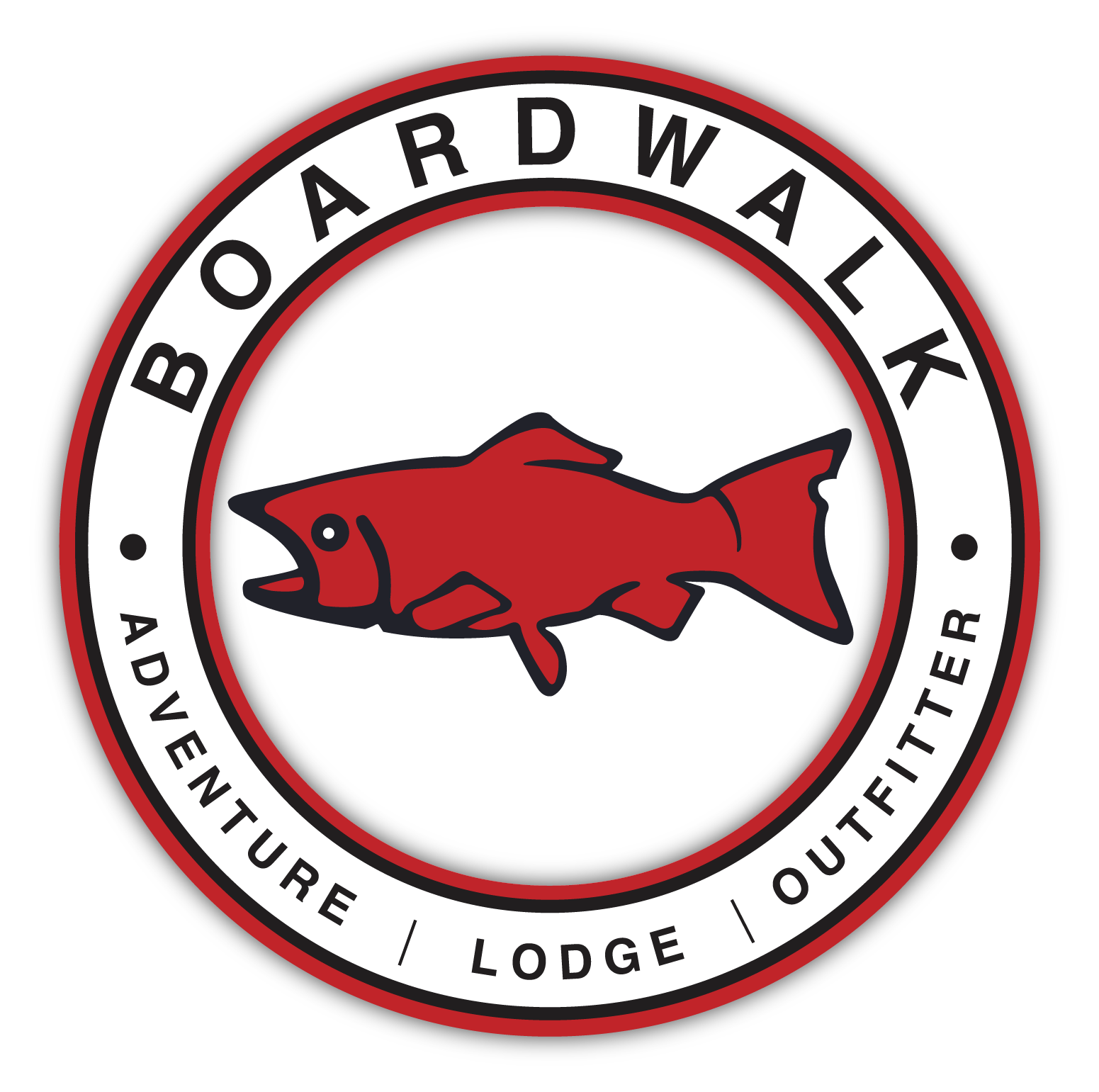
Support
Boardwalk Lodge Supports
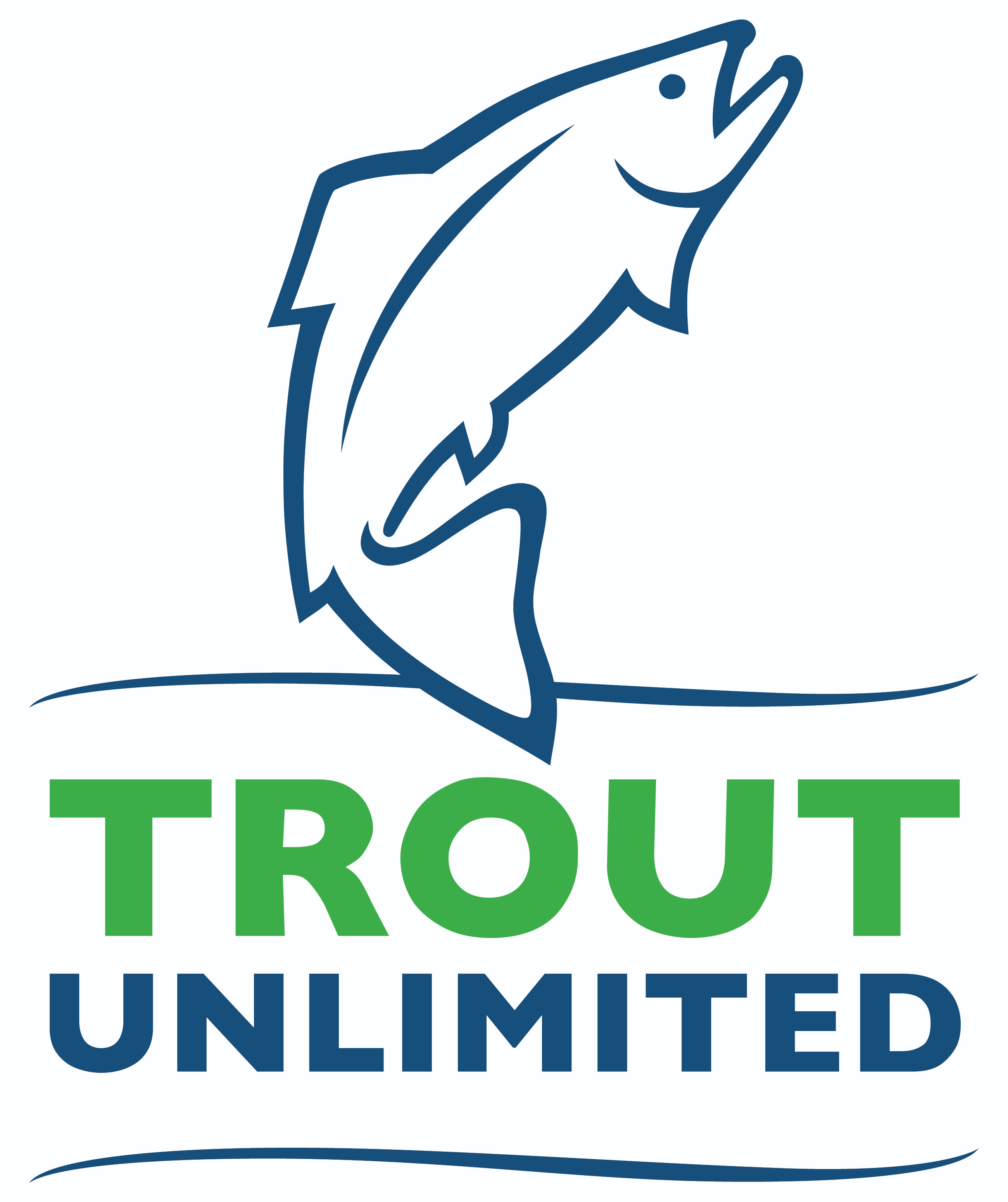



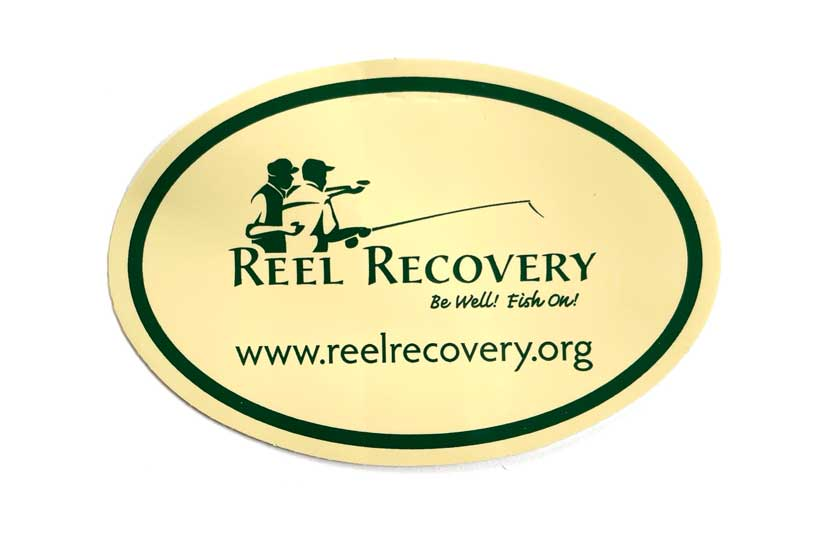

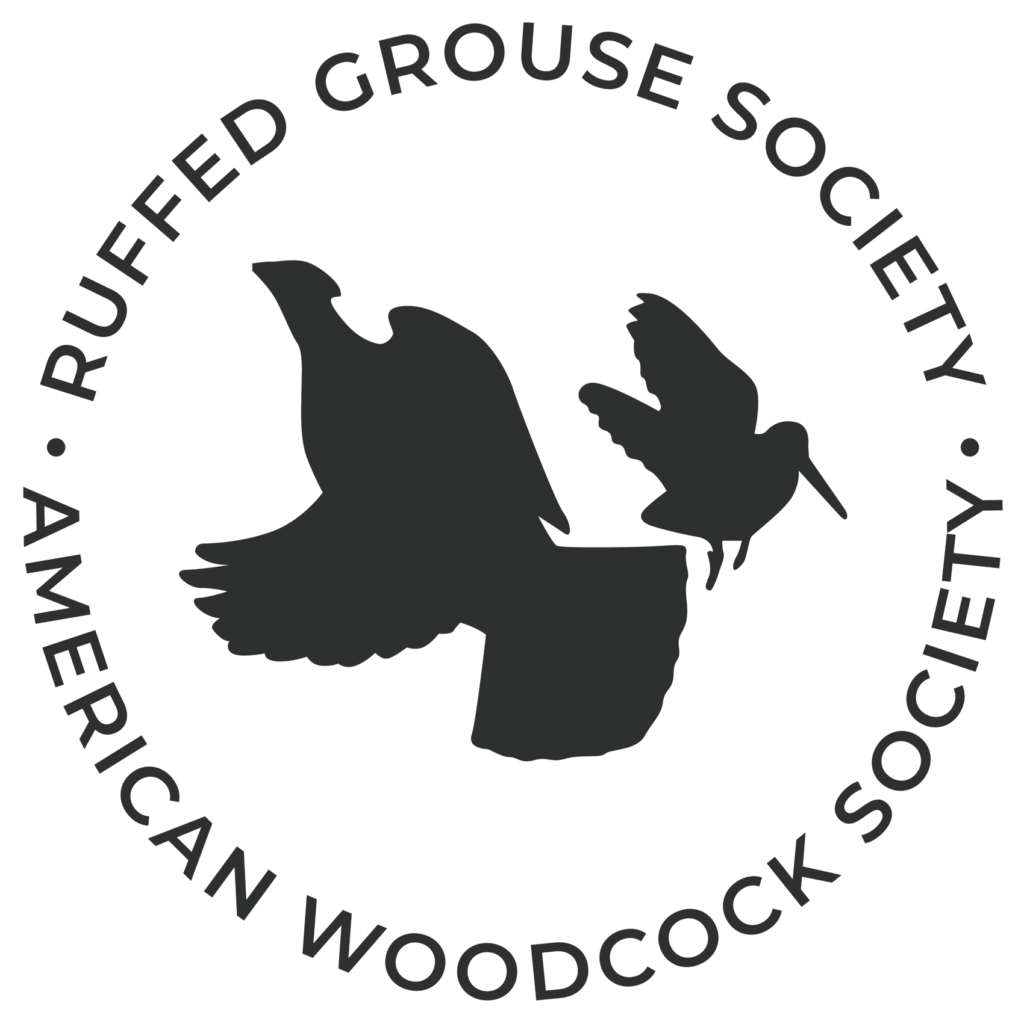
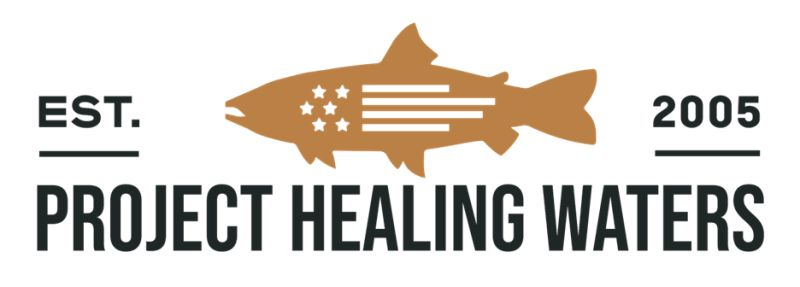

Our Partners


